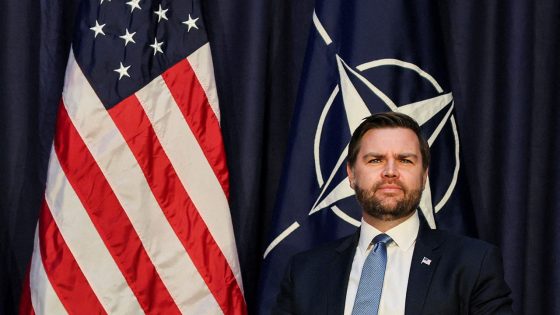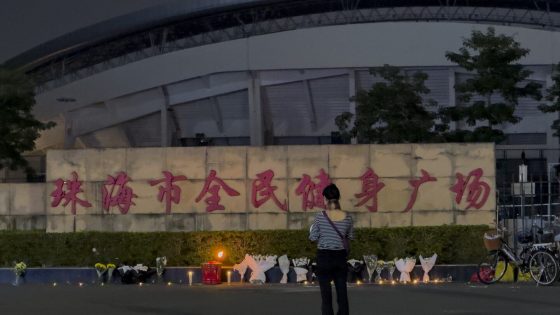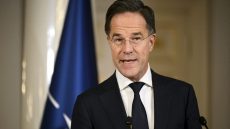On February 14, 2025, at the Munich Security Conference, U.S. Vice President J.D. Vance criticized Europe’s reliance on American security. His remarks followed statements from Defense Secretary Pete Hegseth, who indicated that the U.S. would no longer be the “primary guarantor” of European security, and Donald Trump’s announcement of plans to engage in talks with Russia, bypassing Ukraine and European leaders.
- America no longer the primary guarantor.
- Trump considers talks with Russia.
- J.D. Vance criticizes Europe at conference.
- Support for Alternative for Germany (AfD).
- European leaders question security stability.
The recent statements from U.S. officials have sparked significant concern among European leaders regarding the future of transatlantic security. Historically, the U.S. has played a crucial role in ensuring European stability, particularly during times of geopolitical tension. However, the current administration’s shift in stance raises questions about America‘s commitment to its allies in Europe.
Key points from the recent developments include:
- Defense Secretary Pete Hegseth’s declaration that the U.S. is stepping back from its role as the primary security guarantor for Europe.
- Donald Trump’s intention to engage in direct discussions with Russia, sidelining Ukraine and European interests.
- J.D. Vance’s remarks at the Munich Security Conference, which seemed to support the hard-right Alternative for Germany (AfD) party.
These events have led to a growing unease among European officials, who have relied on the U.S. for decades. Many are now questioning whether their security framework is weakening. The implications of these statements could lead to a re-evaluation of security strategies within Europe, as leaders consider their options in light of a potentially less engaged U.S.
The recent comments from U.S. officials have left European leaders in a state of uncertainty regarding their security future. As the U.S. appears to be distancing itself from its traditional role, European nations may need to reassess their defense policies and alliances to ensure stability in the region.

































